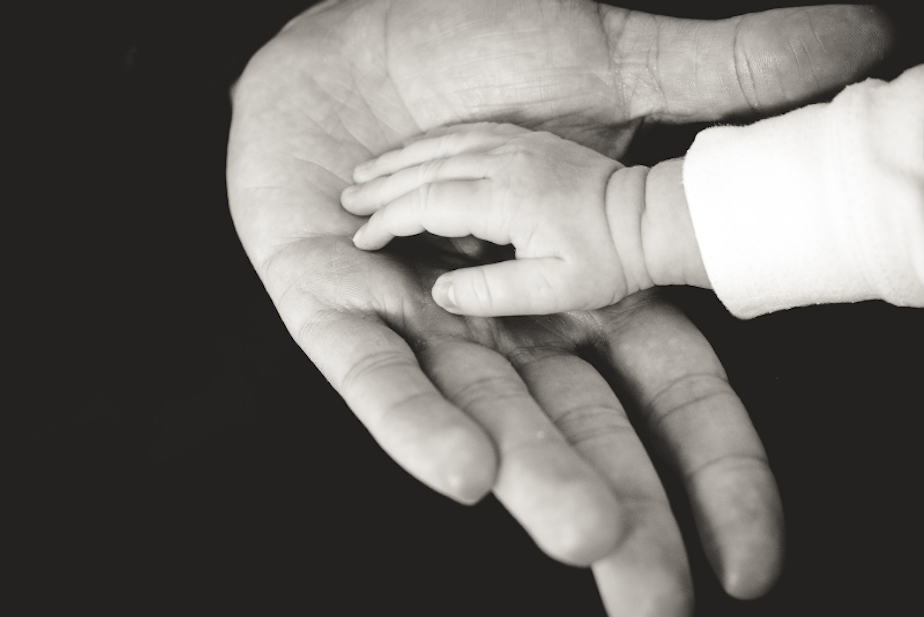This teen mom has bipolar disorder and a baby. She’s making it work

Editor's note: This story has been removed from kuow.org after determining it doesn't align with KUOW's standards for publishing personal information about vulnerable youth.



